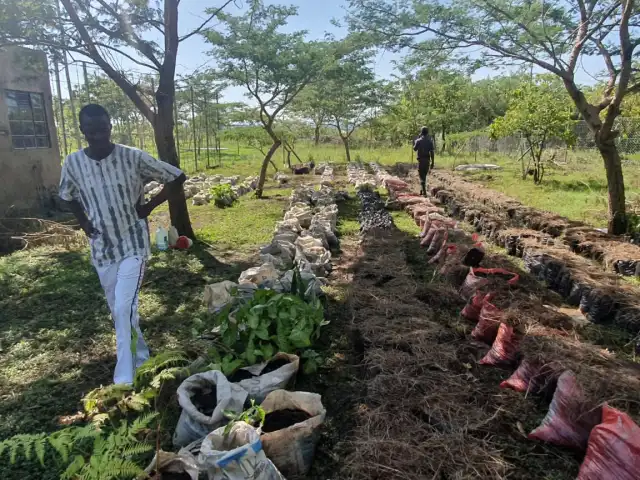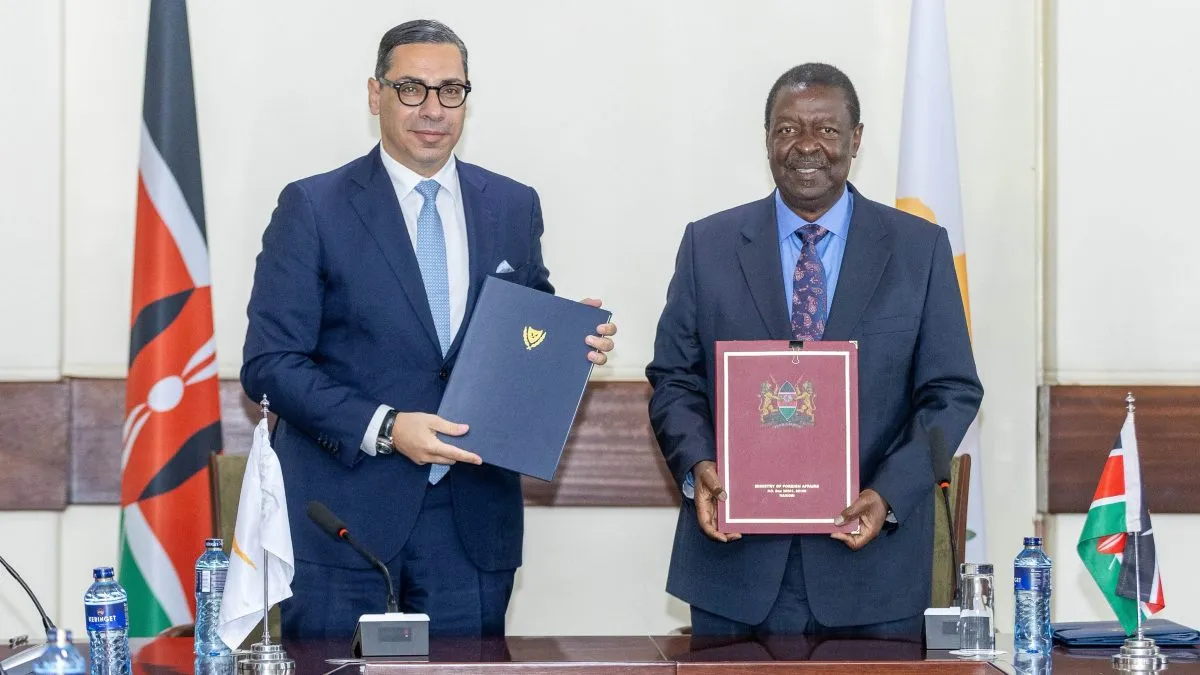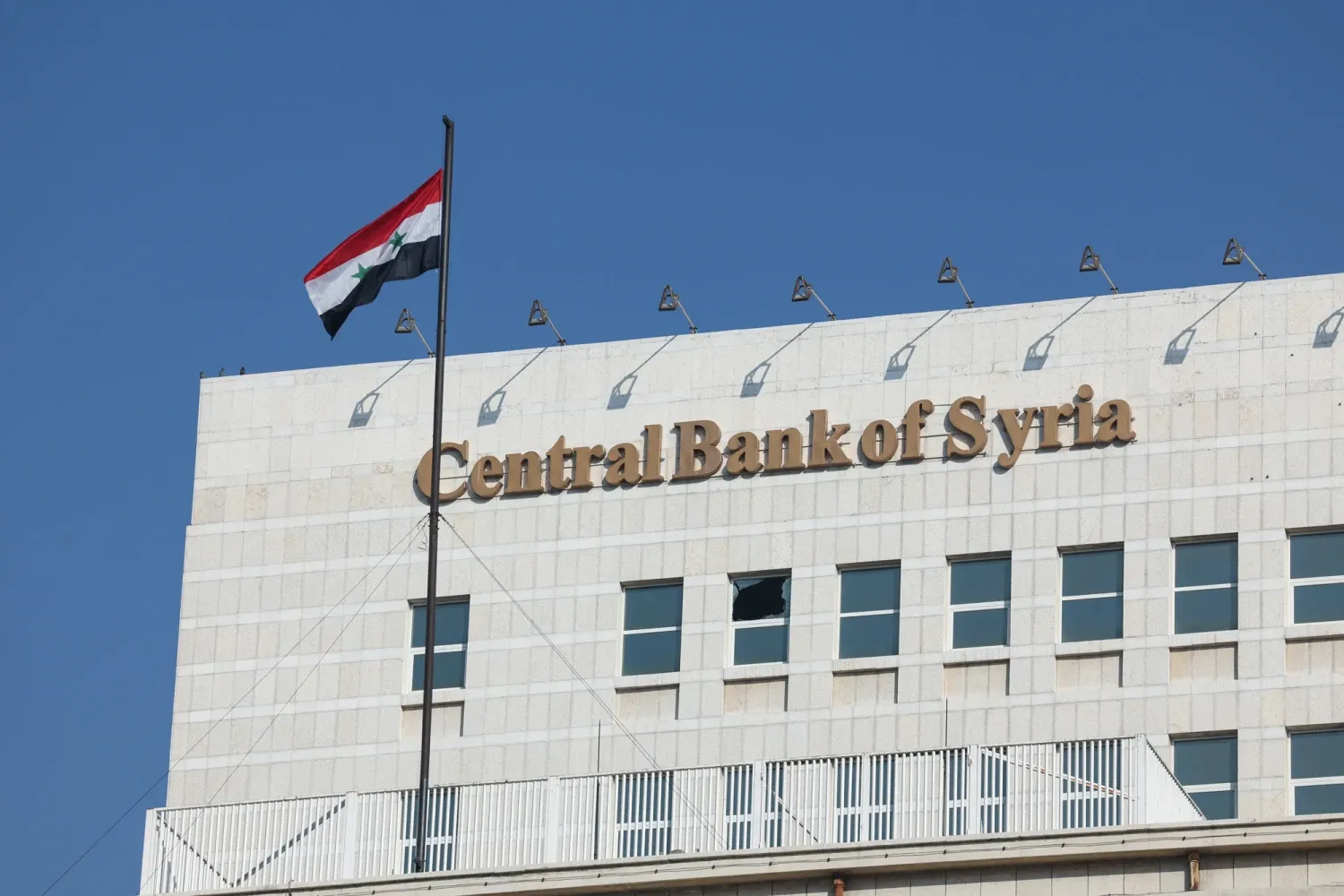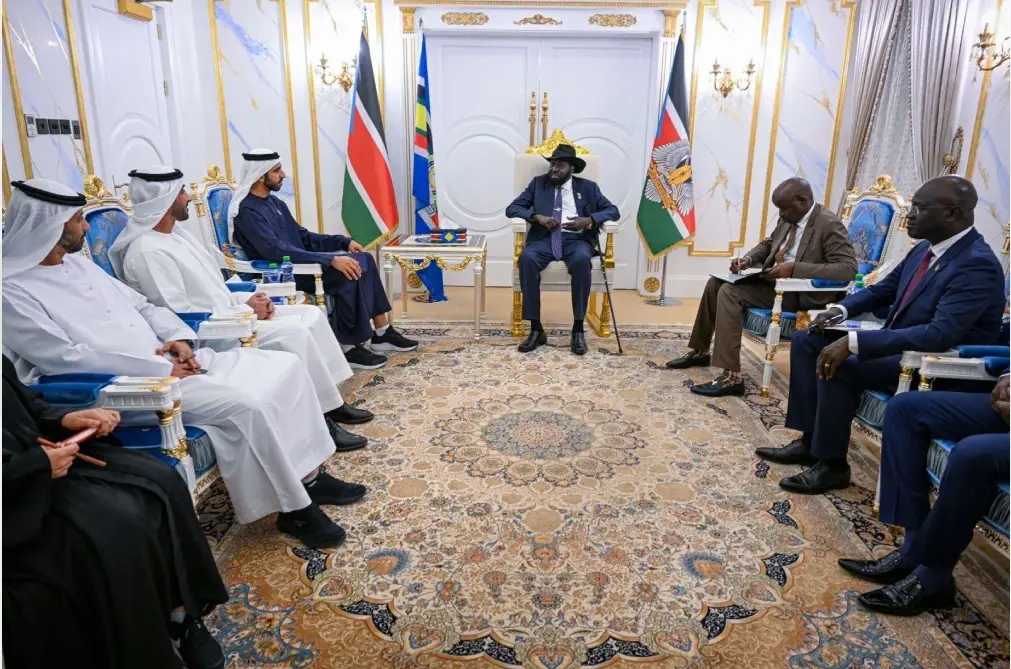The global climate crisis requires immediate, innovative solutions to mitigate its devastating impacts. Across sub-Saharan Africa, a region especially vulnerable to the effects of climate change, the need for climate resilience is increasingly urgent. In response, venture capital funds like Equator Africa are stepping up to support technology-enabled start-ups focused on delivering climate solutions. Recently, the International Finance Corporation (IFC) announced a $5 million (Ksh. 646 million) investment in Equator Africa, signifying a substantial commitment toward accelerating climate action in the region.
Equator Africa: A Focus on Climate Solutions
Founded with a clear mission to back early-stage tech start-ups, Equator Africa is particularly focused on climate solutions in the energy, agriculture, and mobility sectors. The fund specifically targets Seed and Series A-stage climate-tech companies, which often struggle to secure financing despite their critical role in fostering an equitable climate transition.
The recent investment from the IFC comes as part of Equator Africa’s final close, raising the fund’s total size to $54 million (Ksh. 7 billion), up from its initial close of $40 million (Ksh. 5.2 billion) in April 2023. This growth reflects a growing interest among investors in supporting ventures that aim to create meaningful impacts in the climate space. As the climate crisis becomes more pressing, financial institutions and investors recognize the potential of climate-tech start-ups to deliver practical solutions for sustainability.
Nijhad Jamal, Managing Partner at Equator Africa, expressed enthusiasm for IFC’s involvement, stating, “We are thrilled to have IFC participate in our fund and support Equator’s mandate to invest in technology-enabled, early-stage ventures that are accelerating an equitable climate transition in sub-Saharan Africa.” Jamal emphasized that the partnership is aimed at filling a critical financing gap for start-ups crucial to addressing climate change, offering the necessary capital and expertise to scale their operations.
The Role of IFC and K-GRID Support
The IFC’s investment represents not only a financial boost but also a strong endorsement of Equator Africa’s approach and objectives. The support is bolstered by a $1.5 million guarantee from the Korean government’s Green Resilient and Innovative Development (K-GRID) initiative. This initiative promotes climate-resilient and innovative development in partner countries, making it a perfect match for Equator Africa’s goals.
Start-ups often face significant challenges when securing funding, particularly during their early development stages. The infusion of capital from IFC and K-GRID is a lifeline for these young ventures, allowing them to grow, develop their technologies, and make a tangible impact on the communities they serve. The collaboration between these key players also opens doors for more public-private partnerships that could drive further innovation in the region.
Addressing the Climate Financing Gap
One of the biggest obstacles facing climate-tech start-ups in sub-Saharan Africa is the lack of accessible financing. Traditional investors are often hesitant to provide capital to early-stage ventures, especially in sectors like climate-tech, which may still be perceived as high risk or experimental. Equator Africa’s focus on Seed and Series A-stage companies is crucial for bridging this financing gap.
By providing necessary financial resources, Equator Africa enables these start-ups to innovate, expand, and scale their operations. As Nijhad Jamal noted, “Together we hope to address a critical financing gap for Seed and Series A-stage climate-tech companies as they scale in the region.” The support for these start-ups extends beyond just capital—it strengthens the entire ecosystem of climate innovation and sustainability in Africa, offering a pathway for the development of resilient and impactful solutions.
Notable Investments: SunCulture, Roam Motors, Apollo Agriculture
Equator Africa has already made significant progress in achieving its mission. Among its six portfolio companies are several that highlight the potential of climate-tech solutions to make a real-world impact. One of its notable investments is SunCulture, a Kenyan company that specializes in solar-powered irrigation systems. SunCulture provides affordable solar energy to smallholder farmers, enabling them to increase agricultural productivity while reducing reliance on fossil fuels. By addressing both energy access and agricultural resilience, SunCulture is a prime example of how climate-tech can support sustainable development.
Another key investment is Roam Motors, an e-mobility start-up developing electric transportation solutions. Roam Motors is tackling urban mobility challenges while contributing to emissions reductions, promoting sustainable alternatives to traditional fossil-fuel-powered vehicles. Its focus on electric transportation not only reduces pollution but also makes cities cleaner and more livable, aligning with broader sustainability goals.
Additionally, Equator has invested in Apollo Agriculture, a company providing input financing and advisory services to smallholder farmers. By supporting farmers with the resources and knowledge they need, Apollo Agriculture helps enhance agricultural productivity and resilience in a sector particularly vulnerable to climate change. This type of support is vital as agriculture remains a key economic driver in many African countries.
Supporting Local Solutions to Global Challenges
Equator Africa’s emphasis on local solutions is essential for ensuring that interventions are both relevant and effective in addressing the unique challenges faced by communities in sub-Saharan Africa. By primarily focusing on Kenya and Nigeria, the fund leverages local expertise, knowledge, and innovation to create impactful climate solutions.
The success of locally-driven climate solutions not only fosters economic growth but also empowers entrepreneurs to take ownership of the continent’s future. This empowerment is key to building long-term resilience against the adverse effects of climate change, which disproportionately affect African nations. Furthermore, it aligns with broader objectives of creating sustainable jobs, reducing poverty, and enhancing economic stability across the region.
The Importance of Sustainable Financing and Partnership Models
The IFC’s investment in Equator Africa also underscores the growing role of international financial institutions in supporting climate resilience through sustainable financing models. The involvement of the Korean government’s K-GRID initiative adds another layer of international cooperation, showcasing the importance of collaborative efforts in addressing the global climate crisis.
As venture capital becomes an increasingly important tool in driving climate innovation, the partnership between Equator Africa and the IFC serves as a model for how financial institutions and venture capital funds can work together to scale climate solutions. This collaboration is a critical step in helping climate-tech start-ups achieve their full potential and drive long-lasting change.
Climate-Tech and Africa’s Green Economy
With increasing awareness of the need for climate action, the role of venture capital in supporting climate-tech start-ups is set to grow even further. Equator Africa’s partnership with the IFC and K-GRID is just the beginning. As more investors recognize the potential of climate-tech, the landscape for sustainability-focused start-ups in sub-Saharan Africa will likely continue to flourish.
Equator Africa’s investments in renewable energy, sustainable agriculture, and e-mobility align with Africa’s broader goals of building a green economy. The continent’s abundant natural resources—particularly solar energy—position it as a key player in the global movement toward sustainable development. However, this potential can only be realized through continued investment in innovative solutions that address both climate mitigation and adaptation.
Conclusion
The IFC’s $5 million investment into Equator Africa is a beacon of hope for climate start-ups in sub-Saharan Africa. By addressing the financing gap for early-stage ventures, Equator Africa is playing a crucial role in advancing the continent’s climate resilience. With a focus on local solutions and collaboration with key international partners like the IFC and K-GRID, Equator Africa demonstrates how innovative financing models can empower communities and drive meaningful change.
As the world transitions toward a more sustainable future, climate-tech start-ups supported by Equator Africa will be at the forefront of this transformation. Their innovative solutions not only combat climate change but also build resilience and sustainability in vulnerable communities. This represents a powerful step forward in Africa’s journey toward achieving a green economy—one that is more inclusive, sustainable, and resilient for future generations.
Advance Your Career with Serrari Group!
Ready to take your career to the next level? Join our dynamic courses: ACCA, HESI A2, and ATI TEAS 7! 🌟 Dive into a world of opportunities and empower yourself for success. Explore more at Serrari Ed and start your exciting journey today! ✨
Photo source: Google
By: Montel Kamau
Serrari Financial Analyst
18th October, 2024
Article, Financial and News Disclaimer
The Value of a Financial Advisor
While this article offers valuable insights, it is essential to recognize that personal finance can be highly complex and unique to each individual. A financial advisor provides professional expertise and personalized guidance to help you make well-informed decisions tailored to your specific circumstances and goals.
Beyond offering knowledge, a financial advisor serves as a trusted partner to help you stay disciplined, avoid common pitfalls, and remain focused on your long-term objectives. Their perspective and experience can complement your own efforts, enhancing your financial well-being and ensuring a more confident approach to managing your finances.
Disclaimer: This article is for informational purposes only and does not constitute financial advice. Readers are encouraged to consult a licensed financial advisor to obtain guidance specific to their financial situation.
Article and News Disclaimer
The information provided on www.serrarigroup.com is for general informational purposes only. While we strive to keep the information up to date and accurate, we make no representations or warranties of any kind, express or implied, about the completeness, accuracy, reliability, suitability, or availability with respect to the website or the information, products, services, or related graphics contained on the website for any purpose. Any reliance you place on such information is therefore strictly at your own risk.
www.serrarigroup.com is not responsible for any errors or omissions, or for the results obtained from the use of this information. All information on the website is provided on an as-is basis, with no guarantee of completeness, accuracy, timeliness, or of the results obtained from the use of this information, and without warranty of any kind, express or implied, including but not limited to warranties of performance, merchantability, and fitness for a particular purpose.
In no event will www.serrarigroup.com be liable to you or anyone else for any decision made or action taken in reliance on the information provided on the website or for any consequential, special, or similar damages, even if advised of the possibility of such damages.
The articles, news, and information presented on www.serrarigroup.com reflect the opinions of the respective authors and contributors and do not necessarily represent the views of the website or its management. Any views or opinions expressed are solely those of the individual authors and do not represent the website's views or opinions as a whole.
The content on www.serrarigroup.com may include links to external websites, which are provided for convenience and informational purposes only. We have no control over the nature, content, and availability of those sites. The inclusion of any links does not necessarily imply a recommendation or endorsement of the views expressed within them.
Every effort is made to keep the website up and running smoothly. However, www.serrarigroup.com takes no responsibility for, and will not be liable for, the website being temporarily unavailable due to technical issues beyond our control.
Please note that laws, regulations, and information can change rapidly, and we advise you to conduct further research and seek professional advice when necessary.
By using www.serrarigroup.com, you agree to this disclaimer and its terms. If you do not agree with this disclaimer, please do not use the website.
www.serrarigroup.com, reserves the right to update, modify, or remove any part of this disclaimer without prior notice. It is your responsibility to review this disclaimer periodically for changes.
Serrari Group 2025





